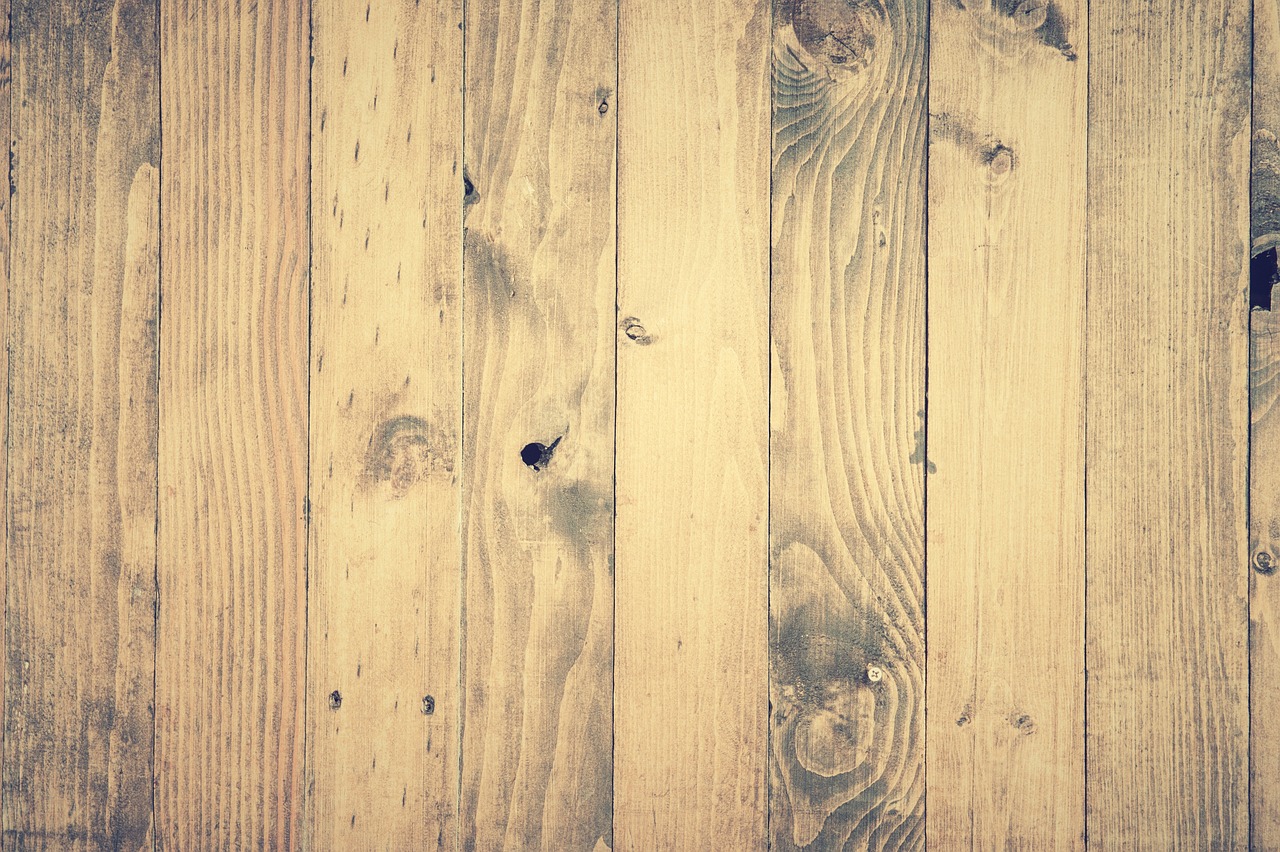Understanding the Basics of Home Plumbing Systems
sky247 sign up, diamondexch9.com login, tigerexch vip: Understanding the Basics of Home Plumbing Systems
If you’re a homeowner, you likely understand the importance of your home’s plumbing system. From providing clean water for drinking, cooking, and bathing to removing waste efficiently, your plumbing system plays a crucial role in maintaining a healthy and functional home. However, many homeowners may not fully understand how their plumbing system works or how to properly maintain it. In this blog post, we’ll delve into the basics of home plumbing systems to help you better understand how it all comes together.
The Plumbing System Overview
Your home’s plumbing system is a complex network of pipes, valves, fixtures, and appliances that work together to transport water in and out of your home. The main components of a plumbing system include:
1. Water supply lines: These pipes bring in fresh, clean water from the municipal water supply or a well into your home.
2. Drain-waste-vent (DWV) system: This system removes wastewater and sewage from your home and helps keep sewer gas from entering your living spaces.
3. Fixtures: These include sinks, toilets, showers, and other items that require water for use.
4. Water heating system: This component heats water for domestic use, including bathing, washing dishes, and laundry.
Understanding how each of these components works together is essential for maintaining a fully functional plumbing system in your home.
Common Plumbing Issues
While plumbing systems are designed to be durable and reliable, they can experience issues over time. Some of the most common plumbing problems homeowners face include:
1. Leaky faucets: A leaky faucet can waste a significant amount of water and lead to increased water bills.
2. Clogged drains: Hair, soap scum, food particles, and other debris can accumulate in drains and cause blockages.
3. Running toilets: A running toilet can waste a large amount of water and lead to higher water bills.
4. Low water pressure: This can be caused by a variety of factors, including mineral buildup in pipes or a malfunctioning pressure regulator.
5. Water heater issues: These can range from lack of hot water to strange noises coming from the water heater.
Knowing how to identify and address these common plumbing issues can help you maintain a smoothly running plumbing system in your home.
Maintenance Tips
Proper maintenance is key to keeping your home’s plumbing system in good working order. Here are some essential maintenance tips to help you prevent issues and prolong the life of your plumbing system:
1. Inspect for leaks: Check for any signs of water leaks under sinks, around toilets, and in basements or crawl spaces.
2. Avoid putting grease and food scraps down the drain: This can lead to clogs in your kitchen sink.
3. Use drain strainers: Place strainers in your sink and shower drains to catch hair, soap scum, and other debris.
4. Test your water heater: Regularly check the temperature and pressure relief valve on your water heater to ensure it’s functioning properly.
5. Schedule regular plumbing inspections: Hire a professional plumber to inspect your plumbing system annually to catch any potential issues early.
By following these maintenance tips, you can help prevent costly plumbing repairs and keep your system running smoothly.
FAQs
Q: How often should I replace my water heater?
A: Most water heaters have a lifespan of 8-12 years. If your water heater is approaching this age or showing signs of corrosion or leaks, it’s time to consider a replacement.
Q: What can I do to prevent frozen pipes in the winter?
A: To prevent frozen pipes, insulate exposed pipes, keep your home heated to at least 55 degrees Fahrenheit, and allow faucets to drip during periods of extreme cold.
Q: What should I do if I have a plumbing emergency?
A: In the event of a plumbing emergency, such as a burst pipe or severe leak, shut off the main water supply to your home and contact a professional plumber immediately.
In conclusion, understanding the basics of your home’s plumbing system and how to properly maintain it is essential for the health and functionality of your home. By familiarizing yourself with the main components of your plumbing system, being aware of common plumbing issues, and following proper maintenance tips, you can help prevent costly repairs and keep your system running smoothly for years to come. If you have any further questions about your home plumbing system, don’t hesitate to reach out to a professional plumber for assistance.







